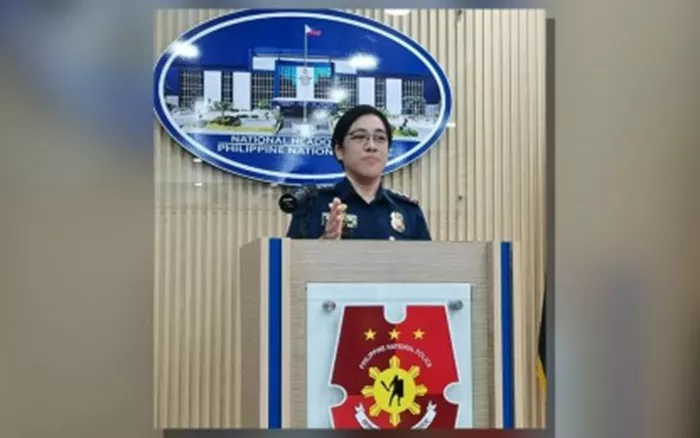MANILA – The Philippine National Police (PNP) has reinstated its ban on visible tattoos for both current personnel and those aspiring to join the force, following the recent lifting of a moratorium on the policy.
PNP Chief Gen. Rommel Francisco Marbil approved the lifting of the moratorium on July 3, according to PNP spokesperson Col. Jean Fajardo, who discussed the update in a phone interview on Monday.
“This means that the guidelines, especially regarding the prohibition of visible tattoos, will now be enforced, particularly for individuals seeking to join the PNP through recruitment, lateral entry, or the Philippine National Police Academy (PNPA),” Fajardo stated in Filipino.
The tattoo ban was previously suspended in response to requests from some police officers and to allow the PNP Health Service (HS) to assess the declarations submitted by active personnel with tattoos.
Fajardo explained that information gathered from these declarations will become part of the health profiles of police officers. Officers will be given three months to have their visible tattoos removed. However, she noted that the PNP’s technical working group has yet to release specific guidelines on how the removal process will be conducted.
Police officers will need to cover the costs of tattoo removal themselves, as the PNP Health Service lacks the necessary equipment for this purpose. There is also ongoing discussion about how to handle cases where officers have multiple visible tattoos that may require removal due to medical concerns.
“What if a particular PNP personnel has not one or two, but multiple visible tattoos? Should they all be removed at once? The HS is still developing specific procedures for this,” Fajardo said.
Police officers who fail to comply with the three-month deadline for tattoo removal could face an investigation and potential administrative charges.
“If there are valid medical reasons, the officer may be given more time to comply. However, for those who refuse without justifiable reason, it is clearly stated in the circular that they may face administrative sanctions,” Fajardo added.
Previously, officers with existing tattoos were required to submit an affidavit declaring any tattoos that were not visible.
The policy does not apply to aesthetic tattoos, such as those for eyebrows, eyeliner, or lips, according to Fajardo. Unauthorized tattoos, however, include those that are extremist, ethnically or religiously discriminatory, offensive, indecent, racist, sexist, or associated with prohibited or unauthorized groups.

